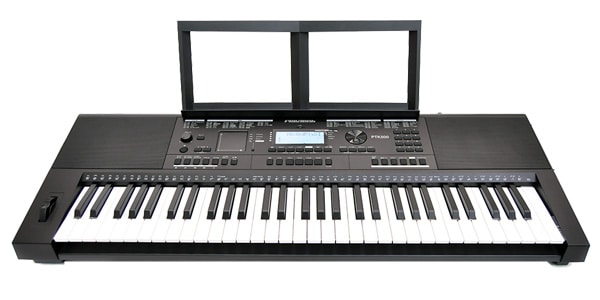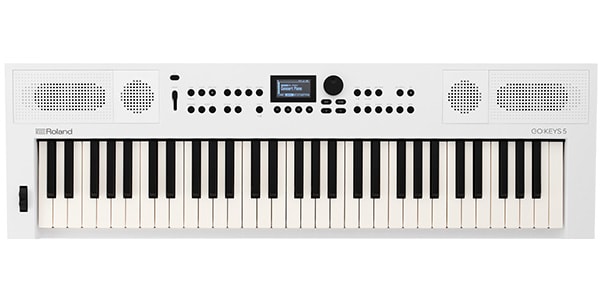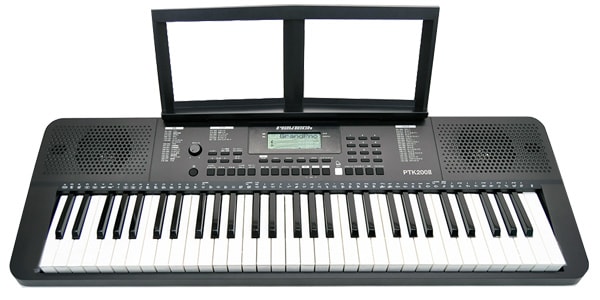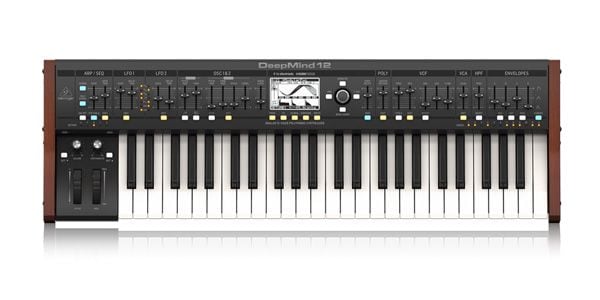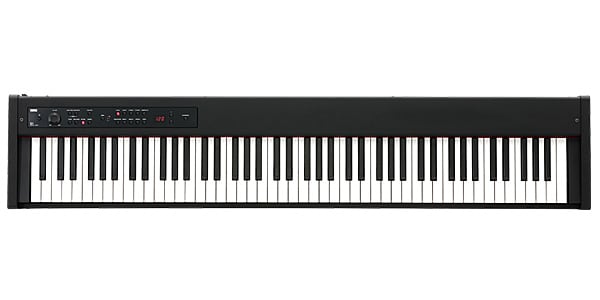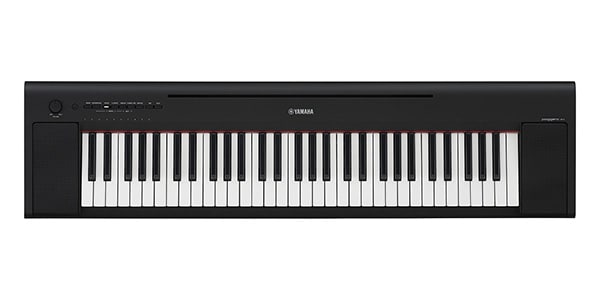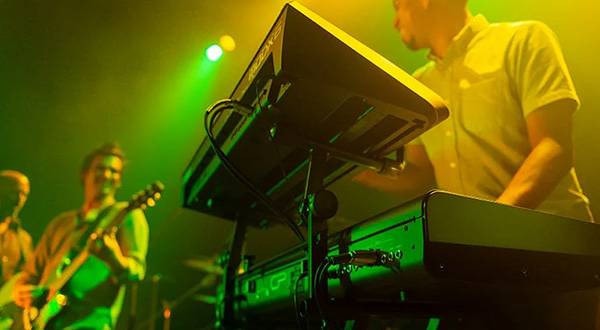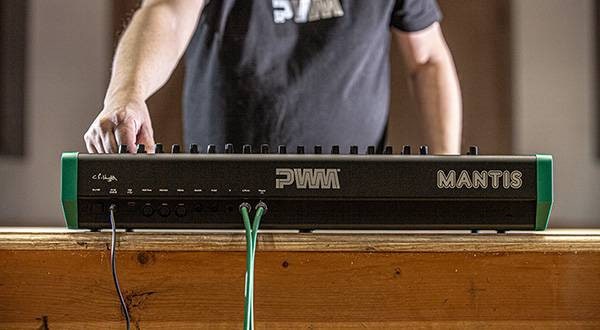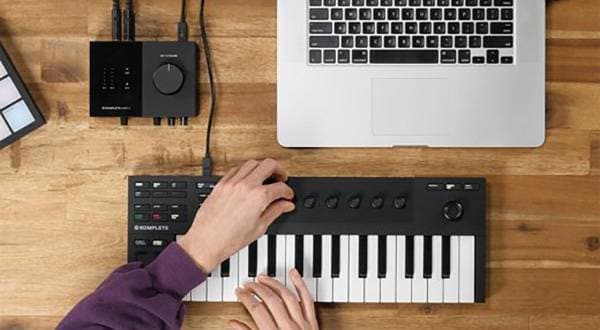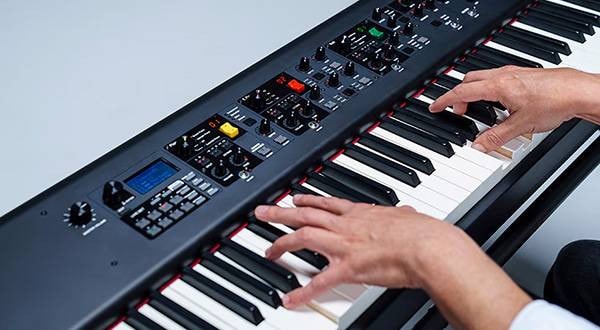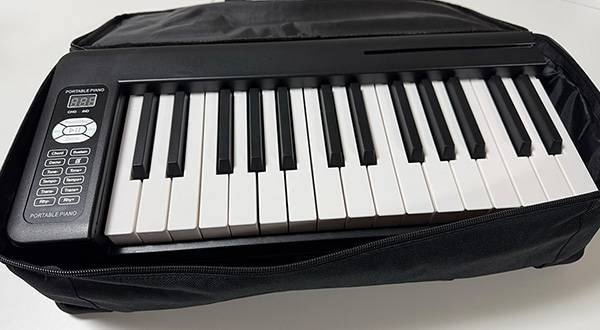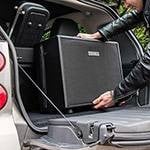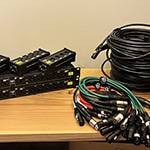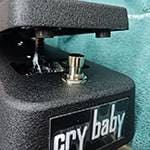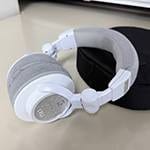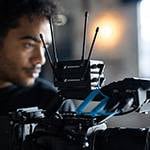I play keyboards in a band!! But how do I choose the right keyboard…? Have you ever had such a question?
Hello everybody, I’m Nishida of the Products group. Speaking of "forming a band", most people think of guitar, bass and drums, but the keyboard is definitely the last thing most people come up with. I think it might be because there are times when even the keyboard player doesn't have the necessary knowledge and doesn’t know how to choose his instrument. The Sound House website has a "Keyboard Starter’s Guide" for those keyboardists who are uncertain.
That's it! Well, we could leave it at that, but this time, especially if you play in a band, we will go through it in detail!! Here are some important points that, once learned, will help you to play live.
■ Key Touch
The ease of pressing the keys is very important for playing. Keyboards are mainly divided into three types: Piano touch, Semi-weighted, and Keyboard touch. It's easy to understand if you draw a diagram.


And it may apply to almost all keyboards. That is,
- Keyboards other than those with 88 keys are touch or semi-weighted -
In other words, if you want a piano-touch keyboard, you will inevitably need to choose 88 keys. And an 88-key keyboard is very heavy! For example, the KORG / D-1 stage piano is 16kg! Thats about 3 watermelons. If you have confidence in your muscles, I won't say anything, but it's a lot of weight to carry, especially on a day that you have a gig. For that reason, if you play in a band, I recommend using a 61-73-key keyboard with keyboard touch. Even though there are only 61 keys like on the YAMAHA / NP-15B, there are products with slightly heavier keys, so a keyboard player in a jazz band may be able to use such a keyboard
Furthermore, the feel of the keyboard is of course important. It may not be the most important thing when playing live, but it can motivate you to practice. For example, in the case of piano touch keyboards, CASIO's keys are ivory and ebony-like* with a grainy feel, while YAMAHA keys have the polished feel of a YAMAHA acoustic piano. This is also what the manufacturers use as the selling point. *Materials that are sometimes used on actual piano keys. They are used on high-grade foreign pianos such as Steinway & Sons and BECHSTEIN, but the Washington Treaty has banned international trade of these materials, and so they are rarely seen in Japan.
■ Key range
It all depends on what genre you play. Present J-Rock has a lot of keyboards and they handle many types of instruments. Having more keys makes splitting and layering easier. However, since a large number of keys is directly linked to the weight of the keyboard itself, if you travel a lot or move it on the stage often, I do not recommend 73 keys or more. I personally recommend 61 keys which includes portability.
■ Multiple sound sources
A keyboard is capable of replacing not only the piano, but also various other instruments. That is why it is important to have a sound source that can express the nuances of musical instruments.
In recent years, with the advancement of technology, the number of keyboards that can use real-time sound sources that are indistinguishable from the original instrument is increasing. What is really great is that this possible without having to use an advanced computer. It sounds a bit like mania, but you’ll want the sound of the original keyboard instruments such as piano, electric piano, organ, and so on to be the deciding factor when you get a keyboard. If you want to make a pounding rock sound, but your live performance sounds like a limp Organ, it’ll kill your desire to practice as well. Another thing that’s cool about the electric keyboard is that it can also sound like a Rhodes or Wurlitzer or other famous machines, and effects can be applied (something that you wouldn’t likely do with the real thing). And even one real used Rhodes or Wurlitzer will set you back X hundreds of thousands of yen, but try getting them all! You can with an electric keyboard... what a dream! Also, considering the time when I became an intermediate-advanced player, I recommend a keyboard that can make sound finely. ROLAND /FANTOM-0 series and YAMAHA / MODX+ series are easy to change and save settings. I love ROLAND / FA-06, making sounds of organs and synthesizers is very fun, and time passes in no time lol.

■ Don’t let your sound get buried
It is very important that you don’t let your sound get buried when playing in a band. This is an empirical rule, but sounds that have been processed in basic analog, such as guitars, less likely to get buried, while digitally processed sounds, such as keyboards, are more likely to get buried. A keyboard with built-in EQ and compressors that can be operated intuitively will help you to not get buried. It is important for keyboards to be able to quickly switch tones depending on the mood of the music, and to fill in spaces. You’ll want to give a good to listen to the demo performances and find sounds you like! As you can see, the keyboardist needs to be careful about various points. By the way, here is the keyboard I am interested at the moment!
So, there are a lot of keyboards suitable for live performance as I have introduced. If you hold fast to the important points introduced this time, you will surely find the right instrument for you. Please find your partner at Sound House!










